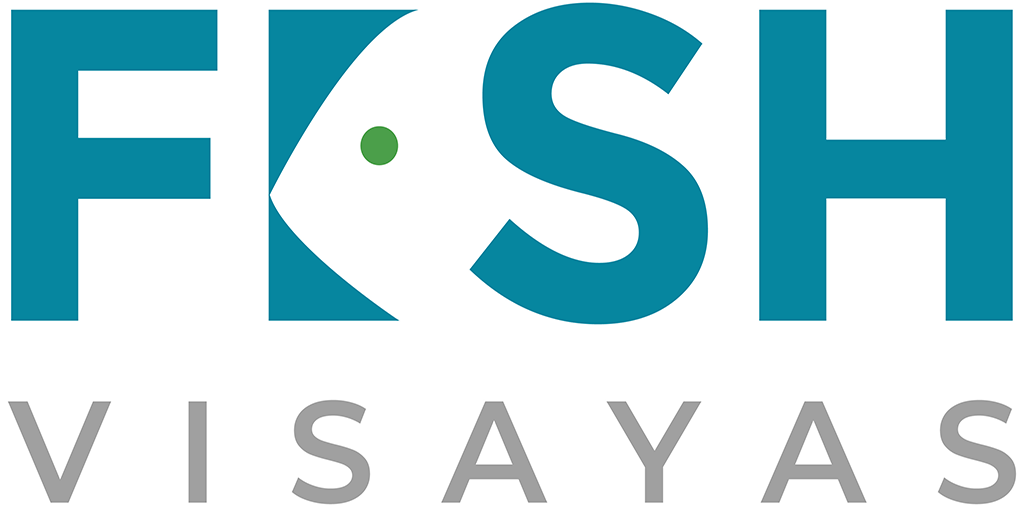Challenges of the pandemic did not stop AFOS Foundation from conducting a coordination meeting with business membership organizations (BMOs) to come up with initial plans on the Dual Education and Training (DET) Framework.
Through a Zoom meeting held on August 11, 2021, the participants aimed to strengthen the commitment of each BMO in promoting DET for Negros and Bohol.
In addition to strengthening the commitment of each partner BMO and coming up with initial plans on the DET framework, the meeting also aimed for BCCI and NOCCI to present the accomplishments, challenges, and opportunities in the Study of TVET and Dual Education and Training Resources in their respective areas.
The project is expected to succeed as long as partner BMOs take part in promoting and advocating the DET to their localities. Dual system education involves combining theoretical training (school-based) and practical training (work-based), ideally addressing job-skills mismatch and ensuring that students acquire sufficient knowledge and skills to enhance employability.
CITE Technical Institute, Inc. explains that the term “dual” comes from the fact that the training occurs in the school and the company. The student would report to the school once a week and work in the company for the rest of the week. The Philippine government promotes the Dual Training System (DTS) to address the country’s issue on job-skills mismatch. More than this, DTS and other Technical and Vocational Education and Training (TVET) modalities that encourage industry partnerships are said to result in high employment rates.
The DTS was institutionalized in February 1994 through Republic Act No. 7686 or the Dual Training System Act of 1994. The law requires the Technical Education and Skills Development Authority (TESDA) to promote, coordinate, and administer the system and provides tax incentives to encourage companies to participate.
The country has consistently faced the challenge of unemployment, with job-skills mismatch being one of the reasons for unemployment among the youth since graduates are not prepared with the necessary skills needed by various industries. Hopefully, with DET, more youth members acquire the necessary skills and competencies for employment.
AFOS Foundation understands the need to address this national concern of job-skills mismatch. Amid the global pandemic, the organization continues to strive to help individuals create a better life by conducting virtual meetings that aim to push for concrete solutions by actively partnering with appropriate government agencies. By implementing the DET framework, students are given a higher chance to acquire sufficient knowledge and skills and ultimately increase their employability.
